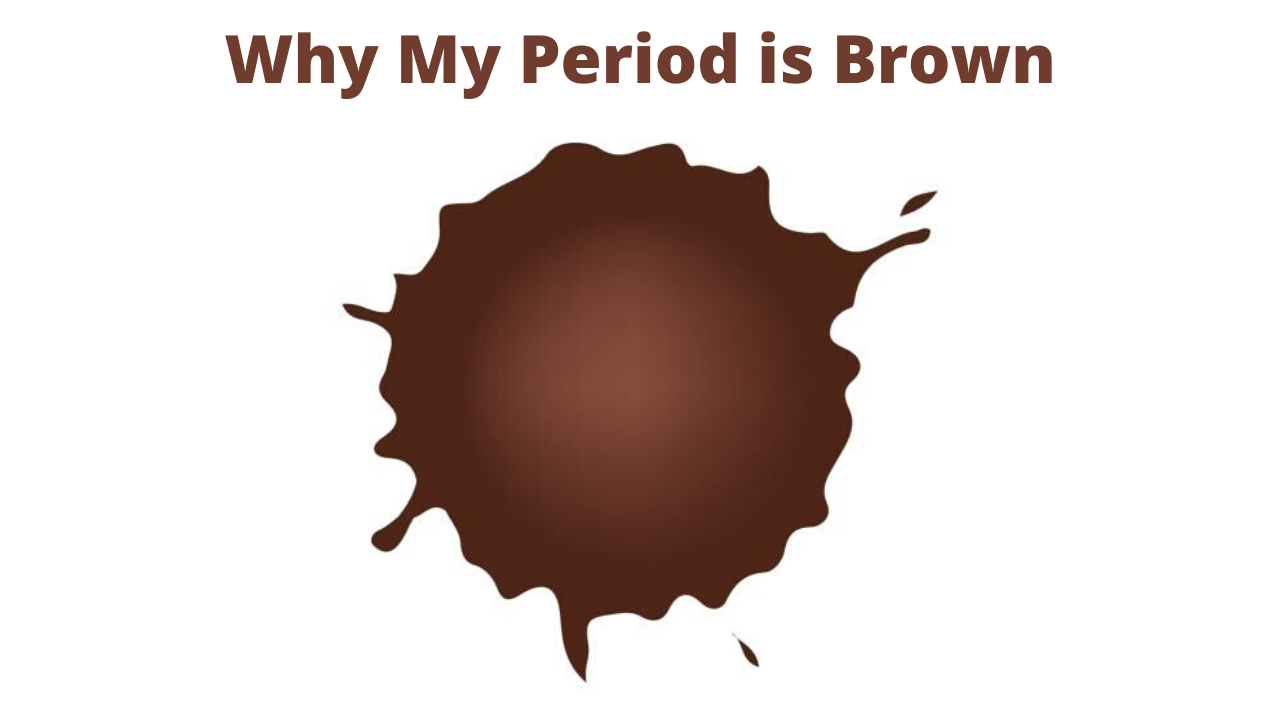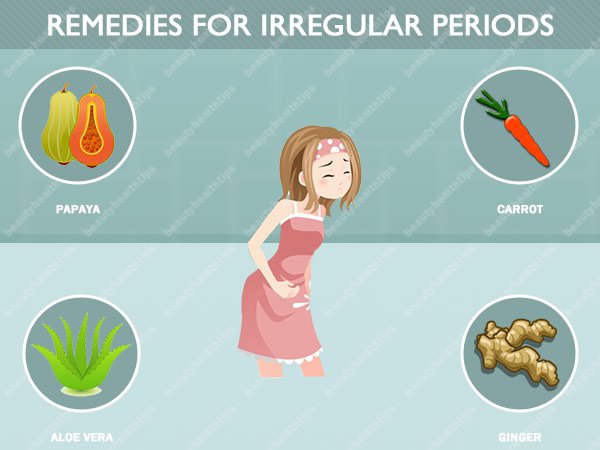Every woman knows her period well. She knows how long her period lasts, when it will be the heaviest and which days she will feel the worst. So, when there is something else than the usual like a brown or dark brown blood then you will be worried.
Every woman will have a different experience with their period. For some women, the cycles are regular, short with few cramps while for some the cramping is severe and the flow is heavy.
Some but not even know how long it will last after it begins. Though you have a regular and predictable period, you might notice some variations every month.
Causes of Brown Period
Mostly the brown blood during your period is normal. The color as well as the consistency of the blood can vary throughout your period. It can be thick one day and watery and thin the other day. The color can be bright red or brown and the flow can be light or heavy. All of this is normal.
End Of Period
You will usually see brown blood towards the end of your period. At the starting of your period, your body sheds the uterine lining in the initial days so the blood is red. But when it comes to the end of the period, the discharged blood is older and may get discolored.
Birth Control / Menopause
Sometimes, you may notice brown spotting or discharge in the middle of your cycle during ovulation. This is common in the younger girls who started having their periods, women who started their birth control or the ones who are getting near to their menopause phase.
If you experience bleeding between your periods then that can be a concern so, you should consult your doctor to make sure this is not abnormal.
Birth Control Pills
Certain types of birth control can cause brown discharge during your period or between them. This also includes birth control implants like Nexplanon. Birth control affects your level of hormones so brown discharge is normal even in the starting of your period.
When is the brown discharge not normal?
Sometimes, brown discharge accompanied with other symptoms can indicate a problem. You should consult your doctor if you are pregnant and experiencing a brown discharge. This can be an indication that something is wrong with the pregnancy.
In case you see experience any of the below things then you reach out to a doctor immediately.
- Period that lasts more than 7 days
- If there are less than 21 days between your period or more than 35 days between them
- Not getting your period for more than 3 – 6 months
- Bleeding between the periods
- Notice bleeding while having sex
- Bleeding after menopause
- Spotting during the month
- Feeling fatigue
- Pain in your vagina or lower abdomen
- Fever
- Heavy bleeding than your normal flow
- Brown discharge after the intrauterine device is inserted
- Brown discharge during your breast cancer treatment
Polycystic ovary syndrome (PCOS) can also be the reason for brown discharge. Other symptoms of PCOS are:
- Irregular period cycles
- Excessive hair growth
- Obesity
- Acne
- Infertility
- Patches of darkened and thickened skin
- Many cysts in the ovaries
So, if you are experiencing brown discharge with any of the above symptoms then you should ask the doctor to test you for it. Getting tested and treated early will help to prevent these issues.
Some of the causes for the brown discharge are not a problem but it can also be a symptom of yeast infection or sexually transmitted disease (STI) like chlamydia or gonorrhea.
This requires treatments. It can also be a sign of inflammatory conditions such as vaginitis or cervicitis. In rare cases, it can be an indication of cervical cancer. It is advisable to get a routine cervical cancer screening done.
Brown discharge and pregnancy
It is normal to have light bleeding or see brown discharge during the time of early pregnancy. But whenever you experience bleeding during pregnancy, you should contact the doctor right away.
Brown discharge can be a sign of miscarriage during pregnancy. So when you see brown discharge you should mark whether you have other abnormal symptoms like tissue or heavy pink fluid coming out from the vagina.
Other warning signs include:
- abnormal cramps and pain
- pain in shoulders
- feeling weak, dizzy or lightheaded
- not experiencing nausea or normal pregnancy symptoms
If you experience a combination of any of the above symptoms then you should see the doctor right away. You might see brown discharge even after an abortion.
Make sure you avoid substances like cigarettes, alcohol, and drugs like cocaine and marijuana as they can cause miscarriages.
You might notice a similar kind of discharge after having a baby. This is called lochia. You should follow up with your doctor regarding this.
Brown discharge and menopause
As you grow up, you will notice changes in your period. Perimenopause is a stage that comes before the menopause. It is normal to experience brown discharge during this stage as long as you do not notice any abnormal symptoms.
Your menopause will start once it has been 12 months since you got your last period. You will not have any bleeding or brown discharge.
Mostly, if you notice bleeding or brown discharge during your menopause then it is not a sign of a serious problem but if it is related to inflammation of your vaginal lining, noncancerous polyps in your cervix or other problems in your uterus or cervix then it is a concern.
You should consult your doctor right away. There are many postmenstrual bleeding conditions that can be treated if they are caught at an early stage.





